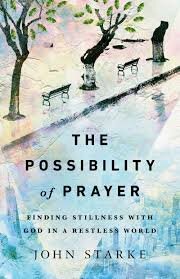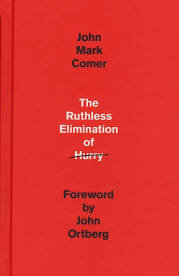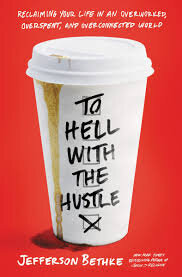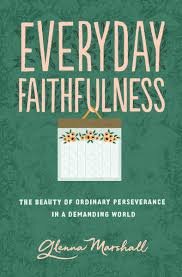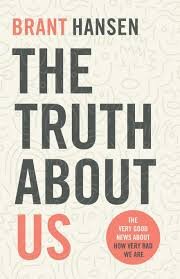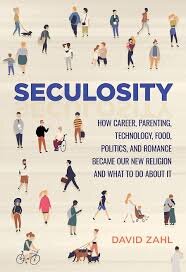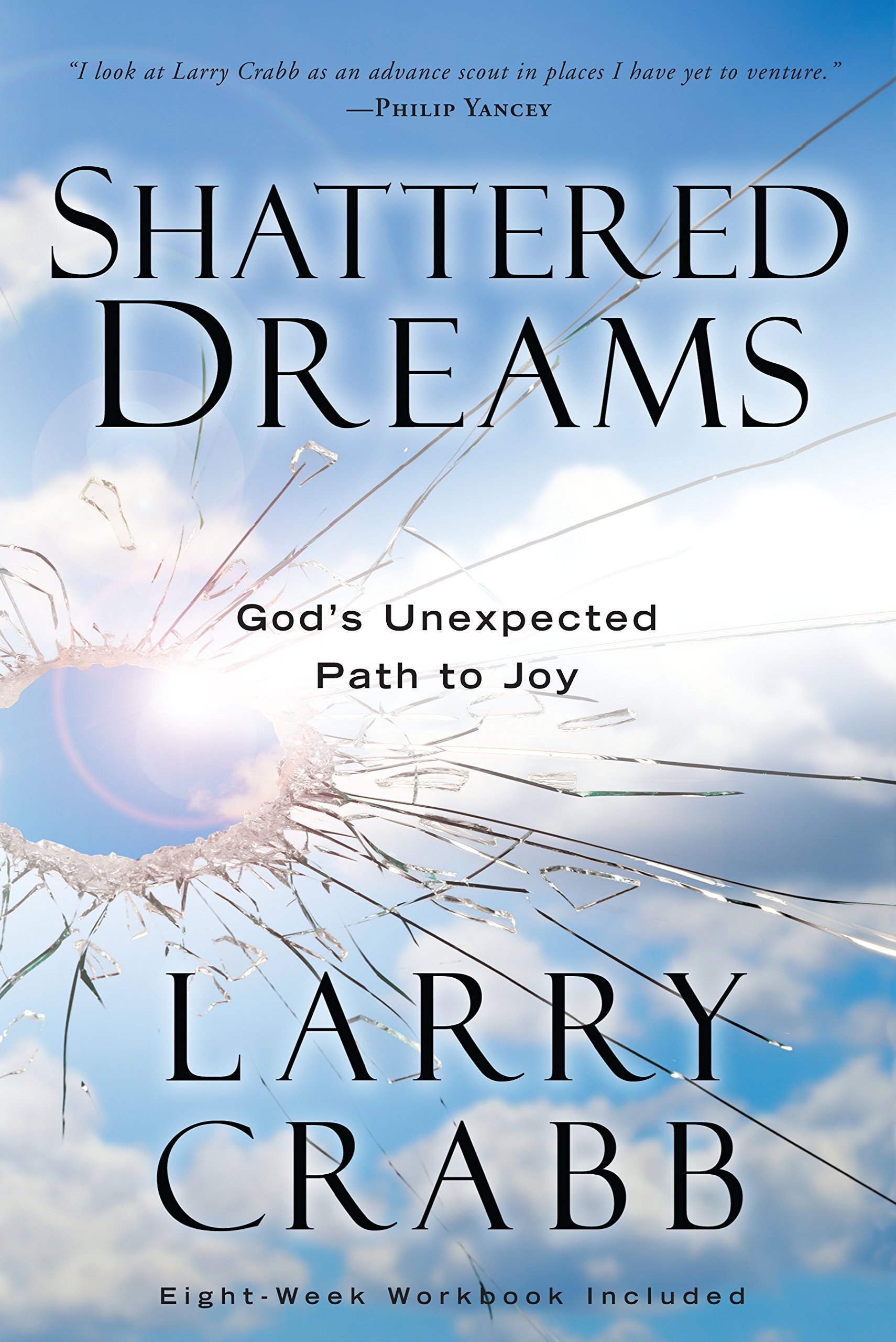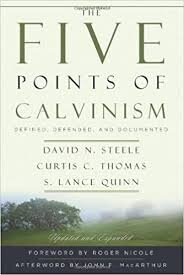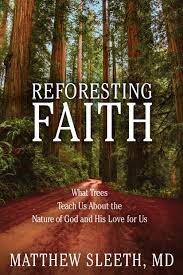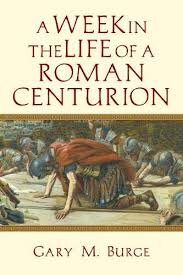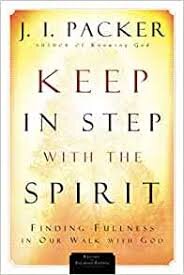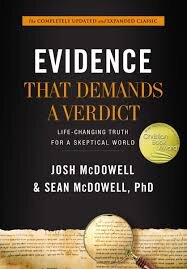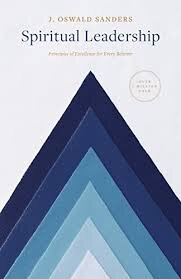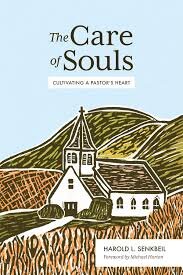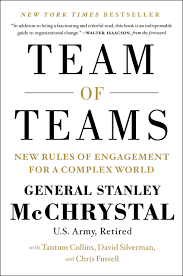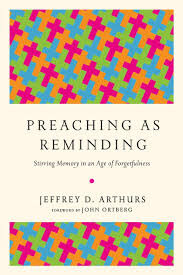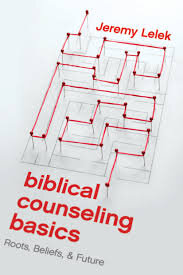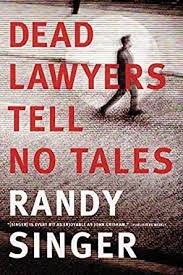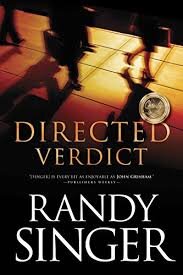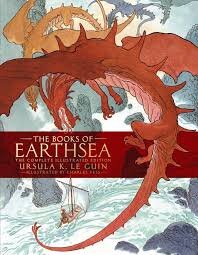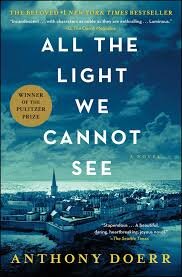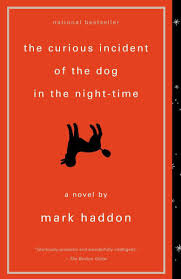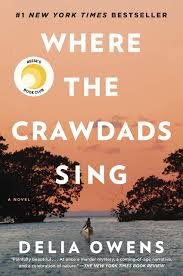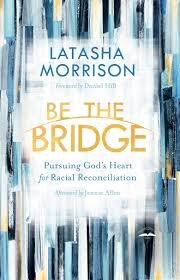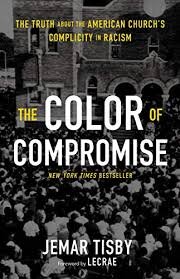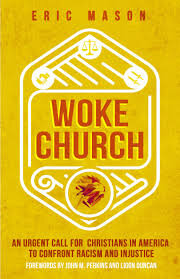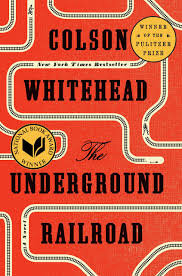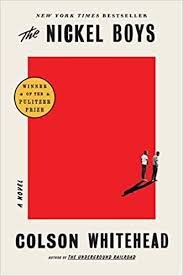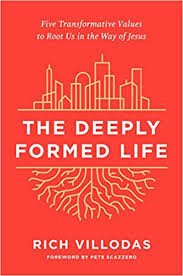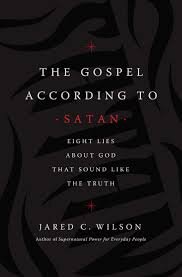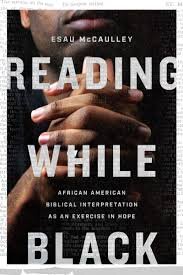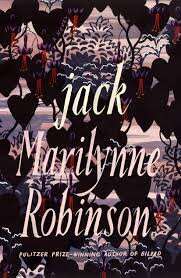In 2019 I read 102 books, which was a personal high for me, at least since I’ve been keeping track. I expected to tail off that number in 2020. And then COVID-19 struck. With fewer social gatherings than ever and more quiet nights at home, my reading actually increased. A new high-water mark for books resulted: 115.
2020 was also a year that provided plenty of internal reasons to need the companion of books. I read loads from other pastors and leaders on how they were navigating leading through COVID (given the immediacy of the issue, most of that was by way of blogs, not books). The fracturing of the nation over issues of race and racism had me diving deep on that topic. I’m still processing much of that, but I do plan on sharing more about what I’m learning about race and racism on my blog in the future.
2020 also saw the publication of my first book (co-authored with Benjamin Vrbicek), giving me a new appreciation for the labor of love every author has in bringing a book into the world. Thank you to those who read Blogging for God’s Glory in a Clickbait World. I’m grateful you let Benjamin and I spend several hours with you.
Let me start with my three favorite books of 2020.
Devotional
Gentle and Lowly by Dane Ortlund
Ortlund’s pastoral book takes us to the “gentle and lowly” heart of Christ and shows us the depth of Christ’s mercy for us. It is rain on parched earth. If you’re intrigued, you can read an abbreviated chapter here.
Race and Racism
Just Mercy by Bryan Stevenson
You might have heard of the movie that was made from Stevenson’s book. The movie is excellent, although a very different experience than the book, which shares more broadly of Stevenson’s experience as a lawyer fighting for justice for those wrongly accused.
Fiction
The Wingfeather Saga by Andrew Peterson
Quite simply, I believe this is the best children’s adventure series since Harry Potter. The series is not only tons of fun, but has profound redemptive themes woven in. I share more in my review here.
Onto the rest of the books I read in 2020. Don’t miss out on loads of gems below.
Christian Living
There were a number of books that deepened my spiritual life this year. In fact, nearly every book in this category I would unreservedly recommend. My friend John Starke’s The Possibility of Prayer was a gentle guide inviting me deeper into prayer. On the topic of prayer, The Prayer God Longs For by James Emery White was a simple but impactful unpacking of the Lord’s Prayer. I’ve benefited from The Valley of Vision, edited by Arthur Bennett, for years. 2020 made these Puritan prayers even sweeter. The 17th century French Carmelite Brother Lawrence’s The Practice of the Presence of God is a bit strange, but time spent with this spiritual giant is well worth the effort in overcoming the cultural gap. I read three books on rest (I plan to share more on these in a forthcoming post) that were very helpful for me to try to beat back the onslaught of the modern world and create meaningful sabbath rhythms. Two of these were written by Christians: The Ruthless Elimination of Hurry by John Mark Comer and To Hell With the Hustle by Jefferson Bethke. A similar book from a purely secular-psychological vantage point was Rest by Alex Soojung-Kim Pang was also helpful.
A number of Christian Living books encouraged me this year. My favorite book in this category was my friend Glenna Marshall’s Everyday Faithfulness. I love the simplicity and groundedness of her book. Brant Hansen isn’t the type of writer I’m usually drawn to, but for some reason I really like his straight-shooting, cookies-on-the-bottom-shelf style and The Truth About Us is my favorite book I’ve read of his so far. I re-read One Thousand Gifts by Ann Voskamp and found it just as rich as I did the first time. Spiritual Depression by D. Martyn Lloyd-Jones was more of a challenge and not as linear as I would have hoped, but contained some gems. Red Like Blood by Joe Coffey and The Advent of the Lamb of God by Russ Ramsey were both not quite what I hoped for, but delivered helpful insights. I finally read the classic, The Ragamuffin Gospel by Brennan Manning and was both bowled over (in a good way) by Manning’s refreshingly radical perspective on grace, but also frustrated by the blind spots he has concerning sanctification and the church.
A number of Christian Living books deepened my understanding in 2020. Tops among those was Seculosity by David Zahl. Zahl argues that our culture is obsessed with righteousness. The book changed my perspective on our culture. I probably shared what I learned from him as much as any book I read in 2020. Safe and Sound was David Powlison’s final book he wrote before he died. His explanation of the armor of God blew my mind and his pastoral empathy is profound. God’s Grace in Your Suffering is another helpful and encouraging book by Powlison. Work by Daniel Doriani is an excellent book that unfolds a theologically sound and practically helpful theology of work. I finally read the popular Love and Respect by Emmerson Eggerichs and, while there are helpful aspects, was somewhat disappointed (you can read my full review here). When God Doesn’t Answer Your Prayer by Jerry Sittser and Shattered Dreams by Larry Crabb both navigate the thorny issues of suffering and prayer. Sittser’s book is very personal and does a great job of coming alongside the reader. Crabb’s Shattered Dreams is written from a counselor-counselee perspective, but is an absolute must read (you can read my full review here).
Theology
The Five Points of Calvinism by David Steele has been read by many and was a helpful resource for me in my theological journey. I read the revised version this year and was impressed by the improvements throughout.
I read several biographies including 50 Women Every Christian Should Know by Michelle DeRusha, CS Lewis’s Mere Christianity: A Biography by George Marsden, and Martin Luther by Eric Metaxes. Metaxes’s biography surprised me by its combination of solid research and readability.
My friend Dominick Hernandez, an Old Testament professor, put out his first book, an introduction to the Proverbs and it is excellent. It is very readable and loaded with fresh insights. Reforesting Faith by Matthew Sleeth is a lot of fun. Sleeth takes a tree-tour of the Bible and delivers fresh perspective on the Bible and ecology. A Week in the Life of a Roman Centurion by Gary Burge defies categorization. Burge’s fascinating work of historic fiction creates a compelling backdrop for the Roman Centurion we meet in the gospels (see my review here).
Keep in Step with the Spirit by J.I. Packer is one of the most important books I’ve ever read on the Holy Spirit, if, at times, a bit dense. The Holy Longing by Ronald Rolheiser was a disappointment to me. Several of my friends really appreciate this Catholic writer. I’ll need to regroup to give him another chance. On the flip side, I wasn’t sure whether to give Sean McDowell’s updated version of his dad’s Evidence that Demands a Verdict a chance, but was very surprised by how well done the revision was. Sean is more nuanced than his dad and uses the chisel more than the hammer to good effect. I wouldn’t recommend that many read straight through the book (as I did), but I would recommend that anyone with an interest in apologetics pick it up and dig into sections they are particularly interested in or have questions about.
Pastoral Ministry and Leadership
2020 was a year I needed lots of guides in my pastoral journey. I was grateful for the company of pastors who helped me along the path. My favorite pastoral leadership book was the classic Spiritual Leadership by J. Oswald Sanders. I appreciated The Shepherd Leader by Timothy Witmer, who advocates an intentionally shepherding approach to pastoral leadership. The Care of Souls by Harold Senkbeil was similar and felt almost out of another age (in a good way). While I have disagreements with Witmer and Senkbeil, I grew from their pastoral mentoring. Part-Time Pastoring by my friend Andy Littleton and Sean Benesh is a great book with a similar approach for those who might consider part time pastoral ministry. How’s Your Soul, Pastor? By Judah Smith connected some of my reading on pastoral ministry with some themes on sabbath rest and soul care. I would direct you to Comer or Bethke’s books in the previous section, though.
Switching gears, I read a number of books on strategic leadership that were helpful Switch (see what I did there) by Chip and Dan Heath, addressed how to move people to change, and was unsurprisingly good (I’m a fan of the Heaths). Great by Choice by Jim Collins was excellent. The Big Moo by the Group of 33 had a few highlights, but was mostly a dud. Intentional Churches by Doug Parks focuses on developing outward focused discipleship strategies for your church and was well worth the read. My favorite book on leadership was Team of Teams by Stanley McChrystal. The former general writes about how to create nimble organizations that maximize your team’s talents. It’s a superb read from a really smart and well-read leader.
Regarding specific areas of pastoral leadership, I read Sing by Keith Getty, which is an introduction to why congregational singing is important. The Art of Dying by Rob Moll was a helpful book for end-of-life care (Moll happened to die at a young age this year).
Preaching and Preachers by D. Martyn Lloyd Jones is a reformed classic on preaching that hasn’t aged as well as one would hope, although, when Lloyd Jones is good, he is very good. Preaching as Reminding by Jeffrey Arthurs is an excellent book that reflects on utilizing the power of memory in preaching. I really appreciated his theological insights around reminding.
Biblical Counseling Basics by Jeremy Lelek is a must-read for anyone interested in biblical counseling, both as an introduction to the history of biblical counseling (which my wife was trained as) and for the basics of what it means to practice biblical counseling. The Coach Model by Keith Webb was a mostly disappointing read on Christian coaching. I would love to find a good book on Christian coaching. If you know of one, let me know.
General Fiction
I read six books by Randy Singer, who you really should read if you like John Grisham. Singer is a former lawyer and now a pastor and he writes excellent easy-to-read legal fiction. This year I read By Reason of Insanity, Dead Lawyers Tell No Tales, Directed Verdict, Fatal Convictions, The Judge, and The Justice Game.They’re all good, but I would start with Dead Lawyers Tell No Tales or Directed Verdict, which are well told and have some great twists.
I read a few classics including Lolita by Vladamir Nabakov, O Pioneers! By Willa Cather, and Cannery Row by John Steinbeck. I enjoy Cather and Steinbeck, but, outside of the clear mastery of language, couldn’t appreciate Lolita.
I had fun re-reading some children’s classics by JRR Tolkien including The Hobbit and The Lord of the Rings Trilogy, and Leaf by Niggle. I really enjoyed re-reading Where the Red Fern Grows by Wilson Rawls. Re-reading The Adventures of Tom Sawyer by Mark Twain was a joy. I read The Giver by Lois Lowry for the first time and really appreciated why the book received the acclaim it did.
Speaking of fantasy, I was introduced to Earthsea Cycle by Ursula Le Guin for the first time and loved the world that Le Guin creates. There are chunks where the narrative drags, but the strong moral fiber that holds the series together makes it stand out. And the ending almost always pays off.
Three books that disappointed me (from authors I really enjoy) were The Department of Sensitive Crimes by Alexander McCall Smith, The Glass Hotel by Emily Mandel St. John, and Housekeeping by Marilynne Robinson. All of these authors are excellent, but I would recommend picking up different works by them and avoiding these.
On the other hand, I was introduced to Anthony Doerr, Mark Haddon, and Delia Owens for the first time and was really impressed with All the Light We Cannot See by Anthony Doerr and The Curious Incident of the Dog in the Night-Time by Mark Haddon. The latter is a gripping narrative of two children set in the backdrop of World War II. Meanwhile, Haddon’s quirky book is told from the perspective of a boy on the spectrum. The ending doesn’t quite pay off, but it’s a remarkable effort nonetheless and well worth the read. Where the Crawdads Sing by Delia Owens is pure gold. It’s Owens’s first novel. I really hope she writes more.
I had fun starting to re-read The Chronicles of Narnia by C.S. Lewis again including The Lion, The Witch, and the Wardrobe, The Magician’s Nephew, Prince Caspian, The Horse and His Boy.
General Non-Fiction
I read a couple of books on World War II, both of which were excellent, including The Tattooist of Auschwitz by Heather Morris and The Splendid and the Vile by Erik Larson. The former follows the life of a Jew imprisoned at Auschwitz. The latter follows the years of Winston Churchill as Prime Minister.
I read a handful of memoirs, including Severe Mercy by Vanauken Sheldon: a well-written tale of the relationship between Sheldon and his wife and her eventual early death. Educated by Tara Westover is a gripping story of a woman who grew up in a radical fundamentalist Mormon family. It’s very well written and deserves the acclaim it has received. The Living Mountain by Nan Shepherd is a unique memoir of Nan Shepherd’s experience of the Cairngorn mountains in Scotland. It’s unlike anything I’ve ever read. They Call Me The Catch Me Killer by Bob Erler traces the unbelievable story of Bob Erler, but is not well written at all. It’s really too bad. A good co-author and editor would have made this a gripping tale.
I read a few books in the self-help vein. The Road Back to You by Ian Cron Morgan and Suzanne Stabile is a helpful introduction to Enneagram, if you appreciate personality type discovery. I have a few cautions with it, but overall, I find it a relatively helpful tool. Talking to Strangers by Malcolm Gladwell had some great moments of insight as it pertains to breaking down one’s biases to truly grow in engaging and learning from others. The Biggest Bluff by Maria Konnikova had a fun premise (a psychology professor without any card playing experience becomes a professional gambler), but was too crass for my taste and its insight wasn’t layered enough as I would have hoped. The most disappointing in this genre was 10% Happier by Dan Harris which you shouldn’t even bother with.
I read two books on reading and writing. Both On Reading Well by Karen Swallow Prior and The Elements of Style by Williams Strunk, Jr. and E.B. White are excellent for very different reasons. The former is surprisingly enjoyable to read as Swallow Prior doesn’t just speak theoretically, but digs into a different book in each chapter (sometimes more than just one book). If you are even a moderate literary nerd you’ll enjoy her book. The Elements of Style is a classic book on the craft of writing and is still helpful.
I read two books far outside my own field. My friend Brad Mayhew’s debut, Origins, will be enjoyed by anyone in leadership. Brad was the lead investigator of the Yarnell Hill fire in Arizona that killed all thirteen members of the Granite Mountain Hotshot Crew. This is the first of a series of book and is a quick and enjoyable read. Meanwhille, I was a bit disappointed by Astrophysics for People in a Hurry by Neil deGrasse Tyson, mostly because of the way his strong anti-religious bias seeps through. Otherwise, the book is fairly enjoyable.
Race and Racism
2020 was a year with significant racial tension. I plan on writing more on what I’ve learned through this journey of reading and speaking to others on this topic, but for now, here are the books that were companions to me (this year) in my journey.
Let me start with the books written from a Christian perspective. These were the most helpful companions to me as they came from a kindred location. Be the Bridge by LaTasha Morrison was probably my favorite book I read with The Color of Compromise by Jemar Tisby and Woke Church by Eric Mason close behind. I’m Still Here by Austin Channing Brown was my least favorite Christian book I read on the subject.
White Fragility by Robin DeAngelo and How to Be Anti-Racist by Ibram Kendi were monster sellers in 2020 and while they both had aspects I found helpful, overall, both include too much that I disagree with to be worth commending.
I read Becoming by Michelle Obama and a handful of fiction books written by African novelists.The Underground Railroad and The Nickel Boys by Colson Whitehead are both excellent and worth your time, with the latter being my favorite. I also read A Mercy and Beloved by Toni Morrison, which are challenging but good reads.
What I’m Hoping to Read in 2021
You can never run out of good books and there remain so many that I am looking forward to reading in 2020. Relating to the spiritual life, I’m looking forward to When Narcissism Comes to Church by Chuck DeGroat, The Deeply Formed Life by Rich Villados, The Imperfect Disciple and The Gospel According to Satan by Jared Wilson, This Too Shall Last by KJ Ramsey, Inside Out by Larry Crabb, Rethink Your Self by Trevin Wax.
Related to theology, I’m looking forward to Embodied Hope by Kelly Kapic, Humble Calvinism by J.A Medders, On the Road with Saint Augustine by James K.A. Smith, Jesus the Great Philosopher by Jonathan Pennington.
Related to pastoral leadership, I’m looking forward to Leadership in Turbulent Times by Doris Kearns Goodwin and Future Church by Will Mancini.
Related to race and racism, I’m looking forward to The Black Church in the African American Experience by C. Eric Lincoln and Lawrence Mamiya, and Reading While Black by Esau McCaulley.
In terms of fiction, I’m looking forward to finishing off Randy Singer’s works as well as Jack by Marilynne Robinson.
What were your favorite books of 2020? What should I make sure is on my reading list for 2021? If you want fuller reviews on any of the books listed above or just want to connect on an ongoing basis about reading, I encourage you to friend me on Goodreads.
Photo by Cristina Gottardi on Unsplash
Links are Amazon Affiliate commission links. As an Amazon Associate I earn from qualifying purchases.




